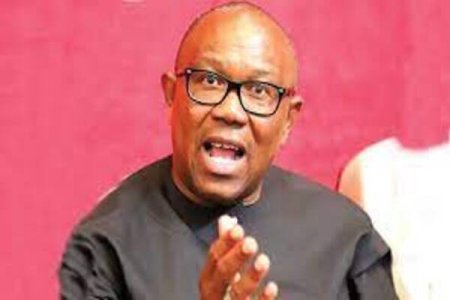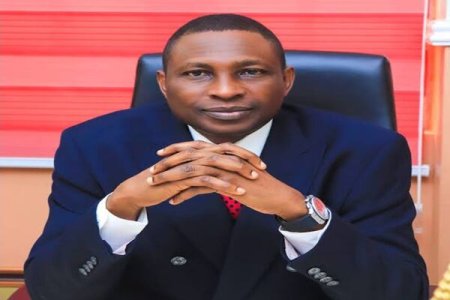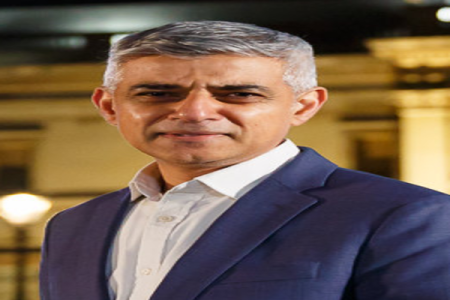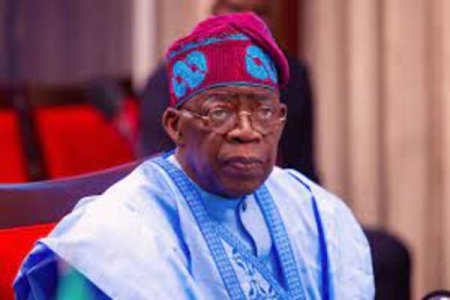
Amidst a backdrop of economic turmoil and widespread hardship, Nigerians find themselves grappling with a decision that has ignited controversy and condemnation. The Accountant-General's Office's choice to host a workshop in London has sparked outrage, with critics denouncing it as not only unacceptable but deeply troubling on various fronts.
The move, in the eyes of many, represents a stark departure from fiscal responsibility and prudent management of public funds. At a time when Nigeria faces daunting economic challenges, including inflation and currency devaluation, the decision to allocate resources for an overseas workshop is perceived as a gross mismanagement of taxpayer money. Critics argue that such funds should be directed towards addressing pressing domestic needs, such as healthcare, education, infrastructure, and poverty alleviation.
Moreover, holding the workshop in London sends a message of extravagance and detachment from the realities faced by ordinary Nigerians. It fuels perceptions of government officials indulging in luxury while the populace grapples with economic hardships. This elitist culture, critics argue, fosters resentment and exacerbates the gaping divide between the government and the governed.
Questions regarding the necessity and effectiveness of hosting the workshop abroad have also been raised. Nigeria boasts a wealth of highly qualified professionals capable of providing the required training and expertise. Outsourcing such activities to foreign countries not only undermines local expertise but also squanders an opportunity to harness domestic talent and experience.
Furthermore, concerns about transparency and accountability in government procurement processes have been brought to the forefront. Critics demand full disclosure regarding the selection of London as the venue and the criteria for awarding contracts. Any hint of impropriety or favoritism in the procurement process must be thoroughly investigated and addressed to restore public trust.
In the face of mounting criticism, Labour Party candidate Peter Obi has emerged as a vocal advocate for Nigerians to reject such frivolous expenditures and demand greater accountability from their government. His impassioned plea resonates with those who envision a new Nigeria characterized by fiscal prudence, transparency, and a government that prioritizes the needs of its citizens above all else. Across the nation, Nigerians echoed Obi's sentiment, reinforcing the call for accountability and responsible governance in the face of economic hardship




